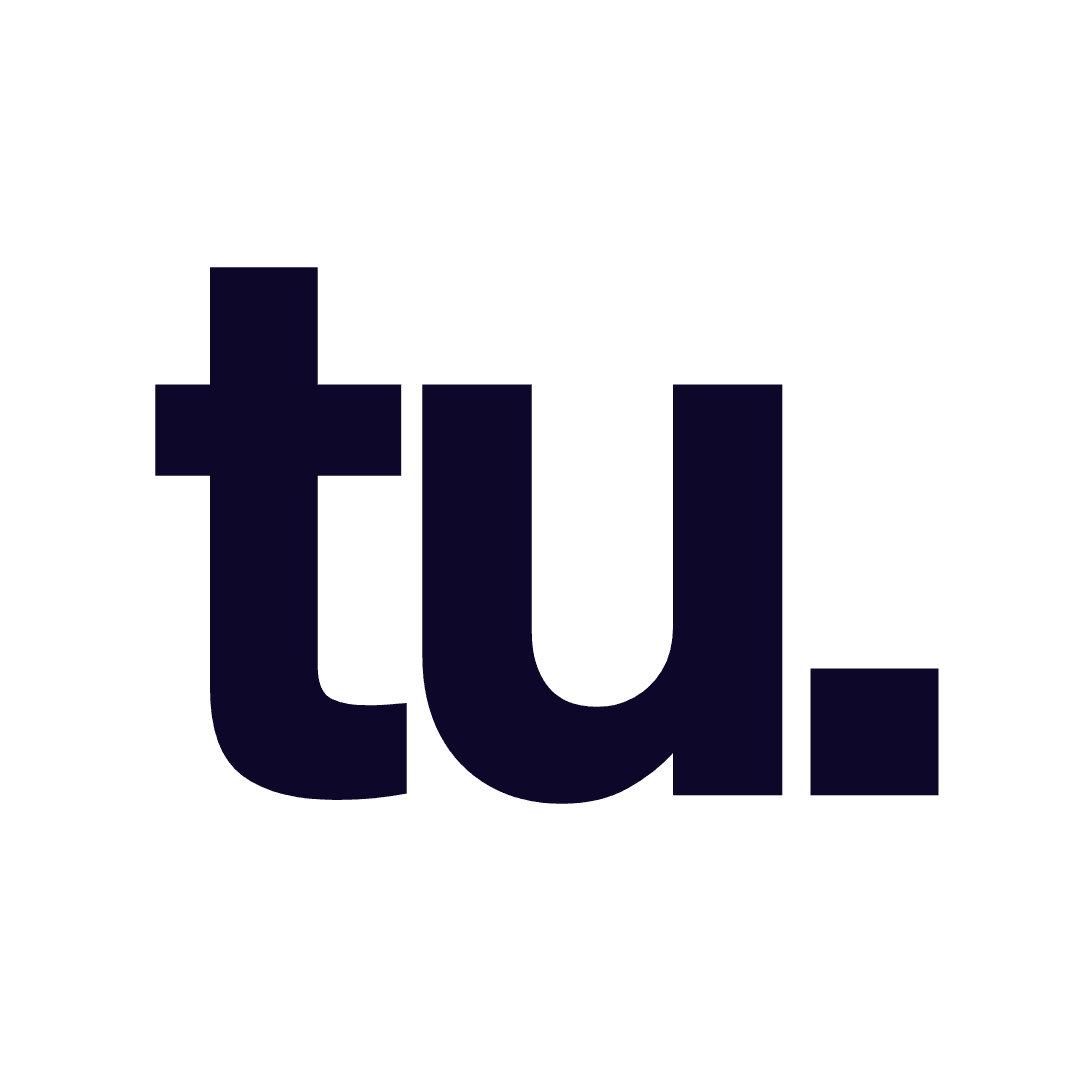The ability to communicate with confidence is indispensable for peak performers.
Confident communication goes well beyond mere vocal assertiveness. Rather, it encompasses the art of active listening, reading your audience's engagement, and conveying your messages effectively while building your credibility and authority.
Whether you are a people manager or individual contributor striving to climb the so-called corporate ladder, your ability to convey your ideas, inspire your team, and connect with your audience will make or break your success.
Peak performers know how to engage and connect with their audience with clarity, conviction and authenticity which fosters trust, respect and credibility in every word they speak.
The top 1% does not shy away from challenging conversations nor public speaking engagements; they embrace these opportunities to share their vision, inspire others and showcase their expertise. Furthermore, they recognize that effective communication is not a one-size-fits-all approach; it is a skill that requires continuous refinement and adaptation across an array of contexts.
Ultimately, communicating with confidence will allow you to inspire and lead others, empowering them to achieve their best.
Here's how.
Your words matter.
Effective communication either contributes to your authority and credibility or diminishes it dramatically. The words you use and how you share information determine how a message is received; with that in mind, here are 5 communication mistakes to avoid and what to do instead:
→ Mistake #1: Using filler words that add no value
Filler words such as “um,” “uh,” “like,” and “you know” quickly erode your credibility. These verbal crutches make you appear uncertain for the fundamental message you wish to convey. Instead, embrace silence and pauses as needed to gather your thoughts. Carefully placed pauses allow your audience to absorb what you share and reinforce the impact of your delivery.
→ Mistake #2: Speaking too quickly
Speaking quickly can make it difficult for others to understand you and your message, leading to confusion and frustration. Practice pacing. Work on the cadence of your speech, consciously slowing down. Enunciate words clearly and allow your audience time to process what you are saying. Doing so projects confidence while making it easy for others to follow your speech.
→ Mistake #3: Lacking eye contact
Avoiding eye contact may imply a level of disinterest, untrustworthiness or nervousness in the words you express. Maintain appropriate eye contact to establish a meaningful connection with your audience. A conscious effort to do so - foregoing staring intensely - will establish authenticity, sincerity and confidence. Pro tip: if making direct eye contact makes you uncomfortable, start by looking directly to the right or left of someone's face which mimics eye contact quite closely.
→ Mistake #4: Overuse of jargon
Reference industry-specific jargon sparingly - excessive use can alienate your audience. Leverage simplicity and strive for clarity. If you need to introduce technical terms, provide straightforward explanations that keep your audience engaged and informed.
→ Mistake #5: Neglecting non-verbal communication
Beyond the words you share, your body language, facial expressions, and gestures speak volumes. Neglecting these non-verbal aspects of communication can lead to misinterpretation and a lack of trust. Stand or sit up straight, maintain an open posture, and use gestures that complement your words. Consistent alignment between your words and body language will enhance your credibility.
My 5 proven strategies to master your communication
1/ Adapt to your audience
The first step towards communicating confidently is deeply understanding the needs of your audience. This extends beyond what they expect of you; recognize their own distinct communication styles, interests and levels of expertise.
Example: When speaking to someone who is direct as a matter of communication style (ie. your leadership team), ensure that your own delivery is succinct, focused and matter-of-fact. (Check out my recent Peak Performers newsletter on how to present to executives with confidence)
Example: When speaking to someone who is rational, methodical and/or thoughtful in approach, provide insightful context to help inform decision-making altogether.
The makeup of your audience will dictate the type of presentation flow you should employ.
Example: When speaking to a sales team, bring high-energy to help them feel connected to the mission and direction you are proposing.
Example: When speaking to your direct team members, personalize your communication style to each individual based on their specific needs and focus areas.
Learning to adapt how you communicate is a powerhouse skill that will bolster your career trajectory.
2/ Prepare with intention
Confidence emerges from preparation.
Peak performers recognize that preparation is absolutely essential to deliver information confidently and with great impact.
Thoroughly research subject matter, outline your key messages, and anticipate questions or objections. Proper preparation will naturally exude confidence in the delivery of your message. That said, avoid over-preparation wherein you sound rigid and overly rehearsed. Find a balance between adequate, comfortable preparation and an ability to think quickly on your feet.
Story: When I was at L'Oréal, one of my bosses shared a best practice that has stuck with me to this day in communicating confidently. He explained "I would rather be approximately right than precisely wrong." In other words, when asked a question, go ahead and answer if you believe you have approximately the right answer (i.e. it is either 20% or 25%). You are close enough.
Counter example: If you are unable to answer the question accurately (and approximately), buy yourself time to inform yourself adequately by saying "I believe I received updated information on this recently and I'd like to review it quickly to provide the latest insights for you. I'll share that with you right after today's meeting. Would that work for you?"
Remember, you are the master of your own knowledge. No one knows your area of the business better than you. Lean into this to guide your preparation. Proactive preparation always wins.
3/ Practice out loud and seek feedback
As the saying goes, practice makes perfect.
I have found that practicing important speeches, conversations and presentations out loud - with your partner, a friend/family or colleague/boss - serves a few key benefits:
→ It allows you to refine your flow to alleviate moments that sound awkward or long-winded.
→ It allows you to nail your delivery to truly shine when important moments arise.
→ It allows you to consider any gaps you may have missed in your messaging.
→ It demonstrates a commitment to improving and your drive for continuous learning.
Capturing feedback ahead of time contributes to boosting your confidence; it allows you to consider multiple viewpoints to carefully craft or adjust what, and how, you share.
Pro tip: If you receive feedback such as "that was great", probe further. Overarching, positive feedback is welcomed. That said, knowing specifically what was great about your communication skills / message allows you to double-down on precisely what makes you special; seek it out.
By the same token, do not shy away from constructive feedback. Step into the best version of yourself by understanding how and what to improve for greater impact.
Peak performers encourage both positive and constructive feedback regularly to maximize their communication effectiveness.
4/ Assess yourself
Following every major presentation or communication moment, complete a post-mortem to assess your own performance. Avoid overly critical judgements of yourself; rather, treat this as a growth mindset building exercise to master your communication abilities moving forward.
Include elements such as:
What feedback you received?
What you appreciated about your delivery?
What you would do differently next time?
What you would want to remove completely?
What best practices can you instill moving forward?
In today's fast-paced working world, 99% of professionals fail to do so. As soon as one thing finishes, so too does another begin.
My best professional growth moments arose from this very exercise. Slow down to then speed up. These reflections are immensely valuable and should never be discounted.
How you do one thing is how you do everything.
→ Lead by example.
→ Be open-minded and keen to learning.
→ Hold high standards to push yourself to new heights.
→ Will this be challenging? Yes.
→ Will it feel uncomfortable? Often so.
→ Will it be worth it? Always.
This is where you have your breakthrough moments that unlock what you are fully capable of.
5/ Embrace authenticity
Authenticity is a magnet for trust and the bedrock upon which confident communication is built.
Do: Be authentic which means staying true to oneself and maintaining integrity in all of your interactions.
Do Not: Try to be someone you are not, or communicate in such a way that is unnatural to you which will only erode your credibility and relationships.
Remember, being a confident communicator is not about sounding fancy or embellishing your messages. It is about being genuine. Plain and simple.
One distinct strategy to help you with this is to infuse empathy into your communication style. When speaking empathically, others cannot help but feel heard and understood. This is easily one of the most powerful factors you can do in improving your confidence when communicating.
When communicating to others, take the time to ask the right questions, understand their pain points and ensure that your messages, strategies and recommendations support them in those regards.
Effective communication is a two-way street. It is not only what you say but more so what the other person hears (or chooses to hear).
Peak performers leverage authenticity to inspire others to leave a lasting impact while forging meaningful relationships.
How will you communicate with confidence?
Confident communication remains a cornerstone of peak performance. By avoiding common communication mistakes and implementing my proven strategies, you will enhance your authority, credibility and impact as a communicator as seen by all levels of hierarchy within your organization.
Remember, confident communication is a skill that can be honed with practice. Make it a priority in your professional journey, and watch your ability to inspire, influence and connect soar to new heights.
You've got this!
Free Peak Performers newsletter
Practical career tips that actually work.
Every Monday and Friday, get easy-to-use strategies and scripts to land better roles, faster promotions and more growth (and look great in front of your boss).
100% free • unsubscribe anytime.



